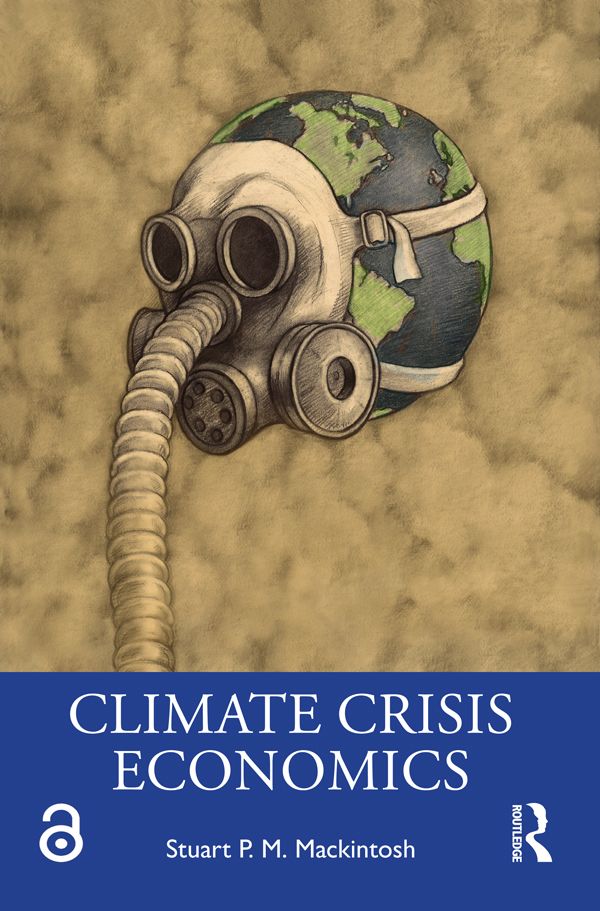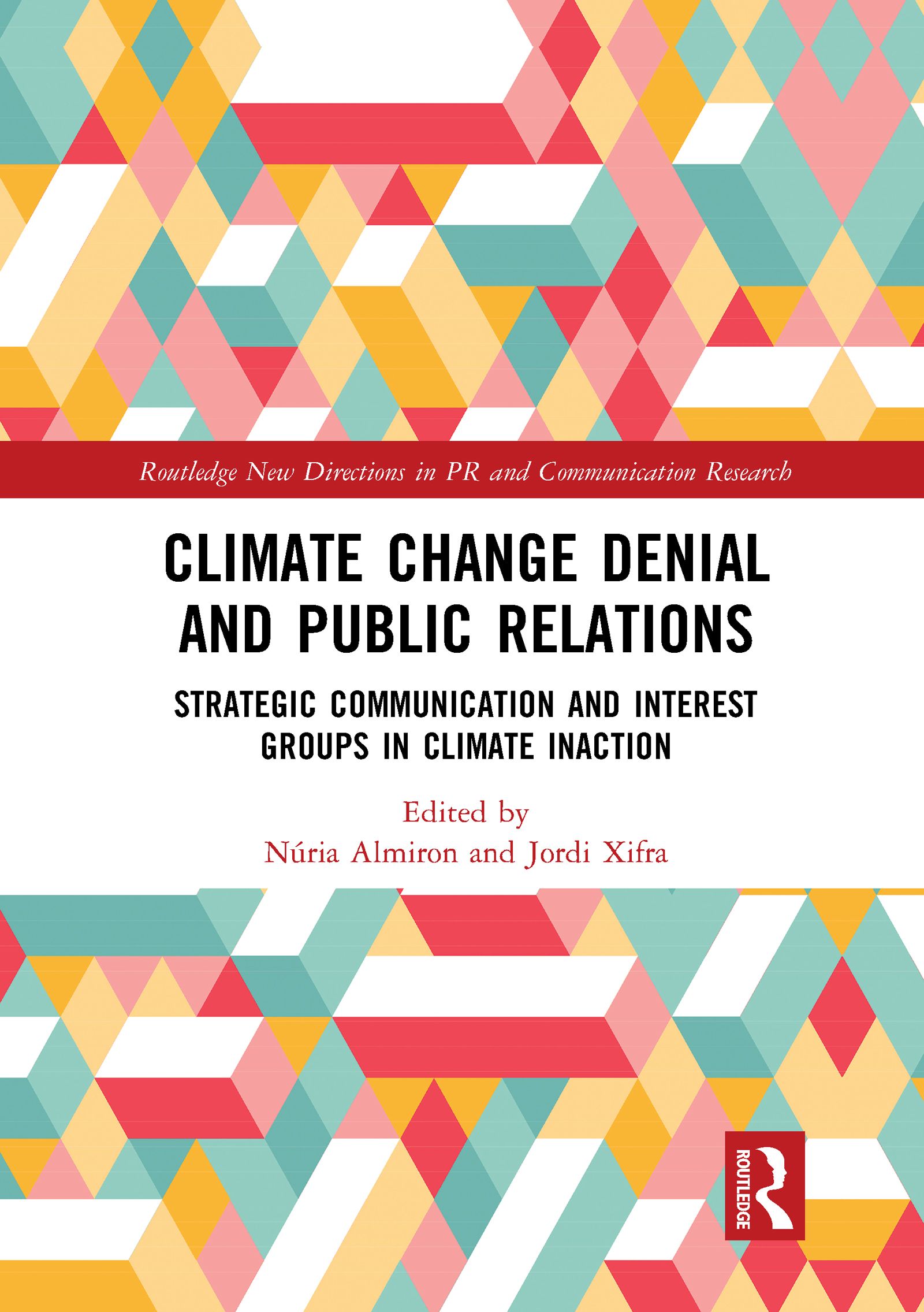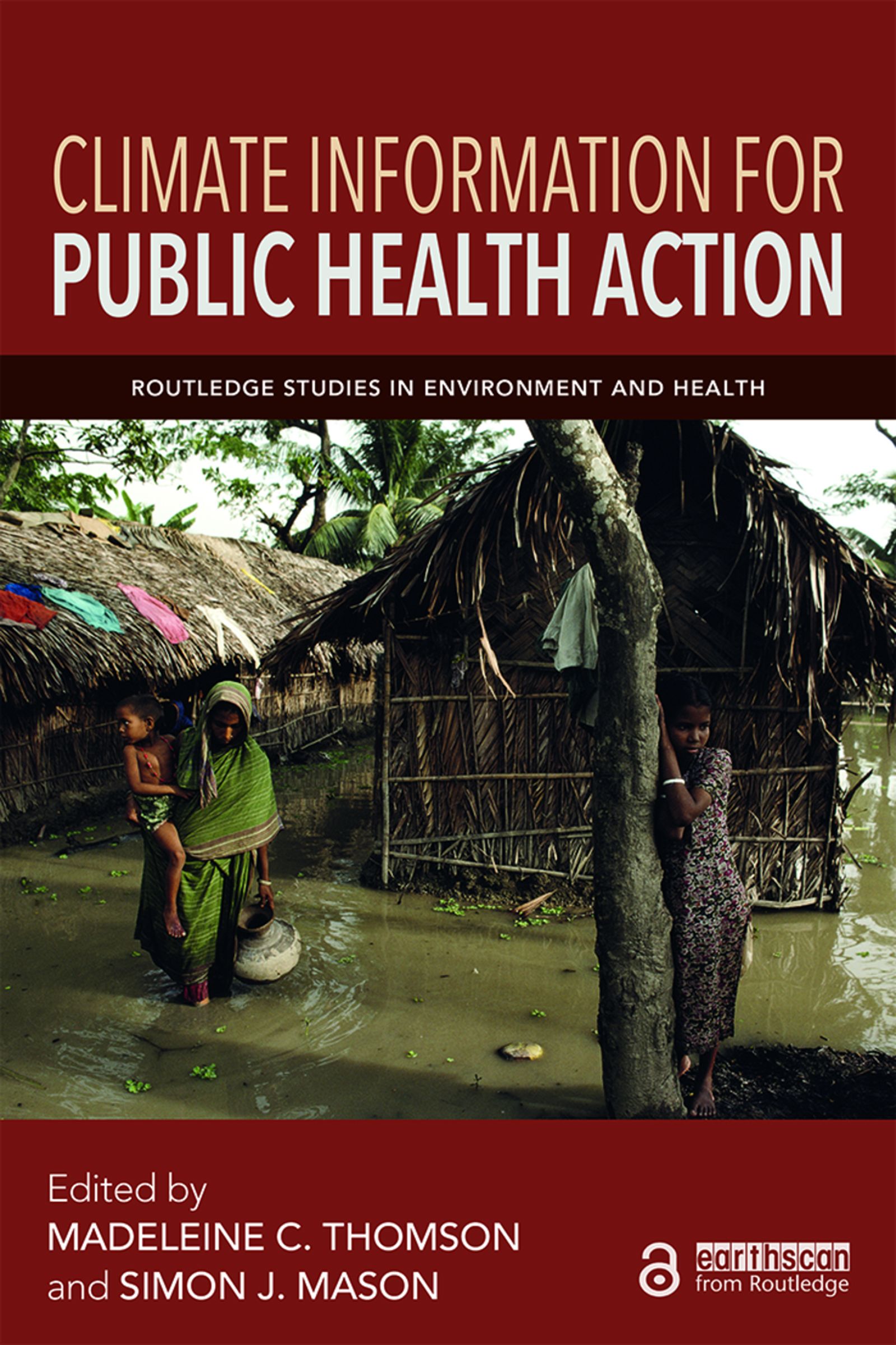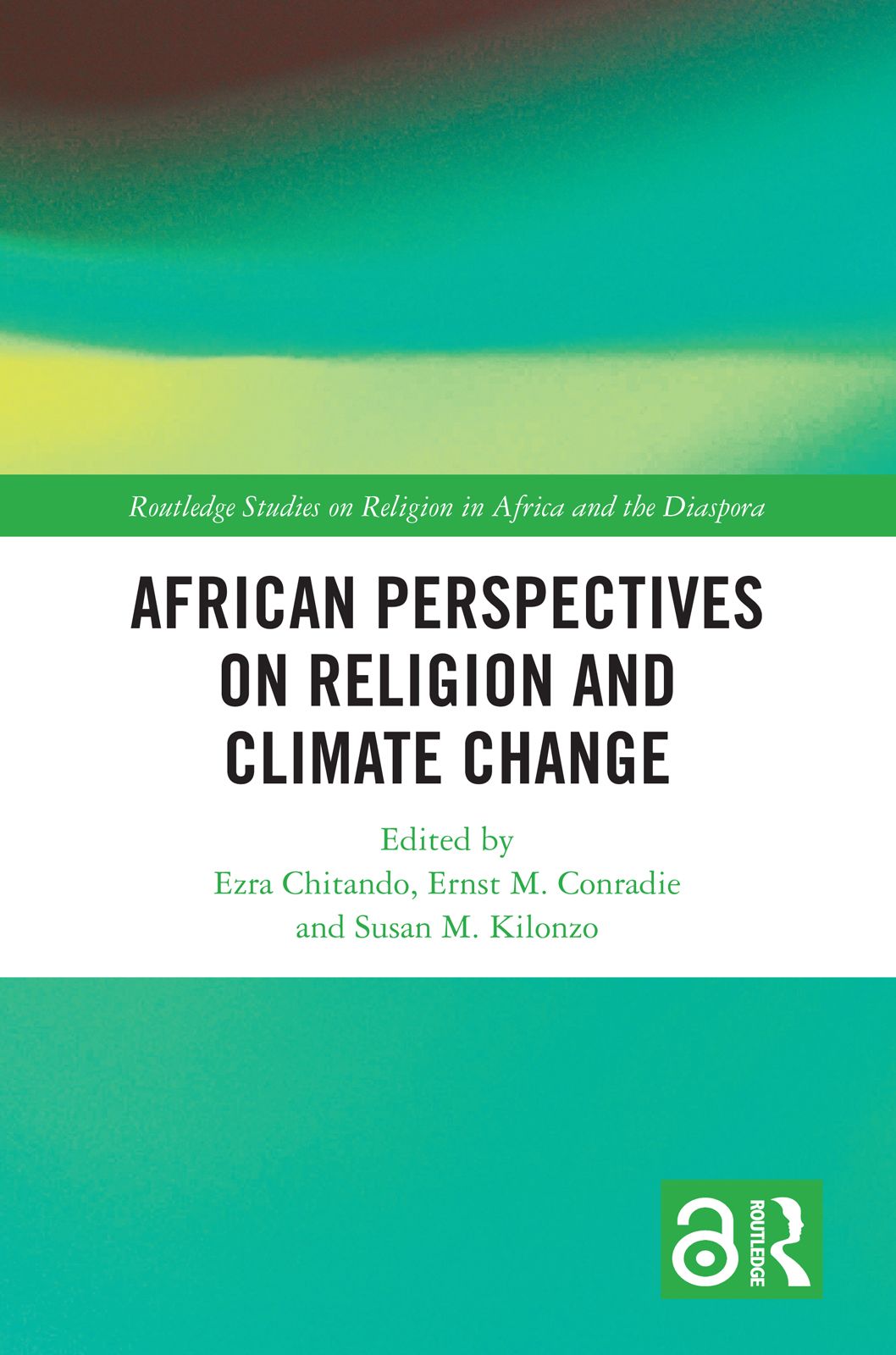10 essential open access (OA) books on climate change
Social sciences books to freely read and download
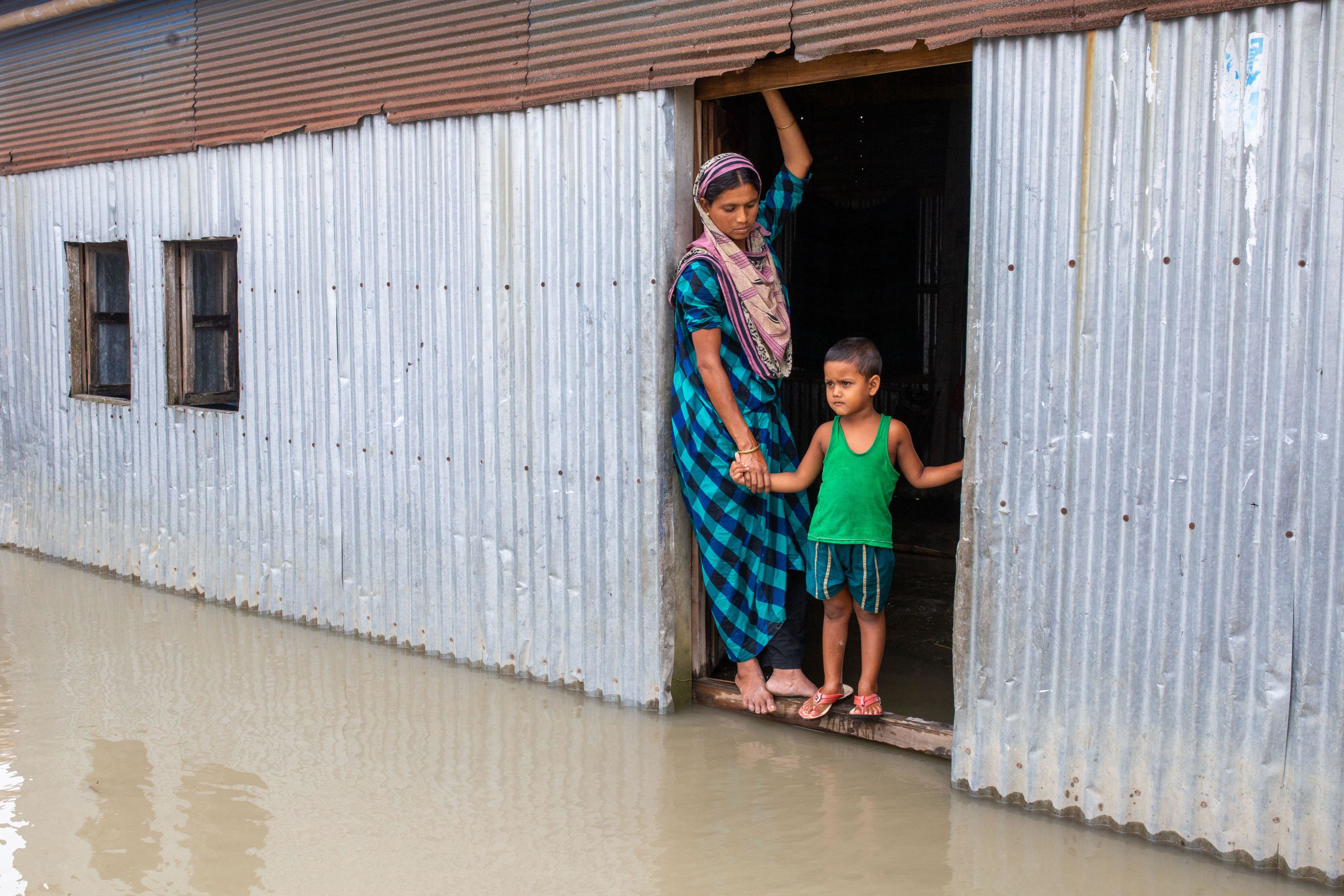
Climate change is one of the greatest challenges of our time.
Not only do billions of people need to unite to limit global warming, but we also need to deal with the impacts of climate change – impacts that tend to have the greatest repercussions on the most vulnerable in society, such as older people, children, and low-income communities.
Open access collection
Books on climate change can help us better understand the climate crisis and deal with its effects.
Many are included in Taylor & Francis' collection of more than 1,800 open access (OA) books, which means anyone can read, download, and share them freely.
We also publish more than 300 OA journals.
10 essential OA climate change books
Here are 10 essential OA books about climate change from our social sciences collection.
They examine everything from the impact of climate change on women to how to build towns and cities that are more resilient to extreme weather events.
- Climate Crisis Economics
- Climate Change Denial and Public Relations: Strategic Communication and Interest Groups in Climate Inaction
- The Political Economy of Coal: Obstacles to Clean Energy Transitions
- Learning to Live with Climate Change: From Anxiety to Transformation
- Engendering Climate Change: Learnings from South Asia
- Climate, Society, and Elemental Insurance: Capacities and Limitations
- Climate Information for Public Health Action
- Climate Adaptation and Resilience Across Scales: From Buildings to Cities
- African Perspectives on Religion and Climate Change
- Climate Change and the Health Sector: Healing the World
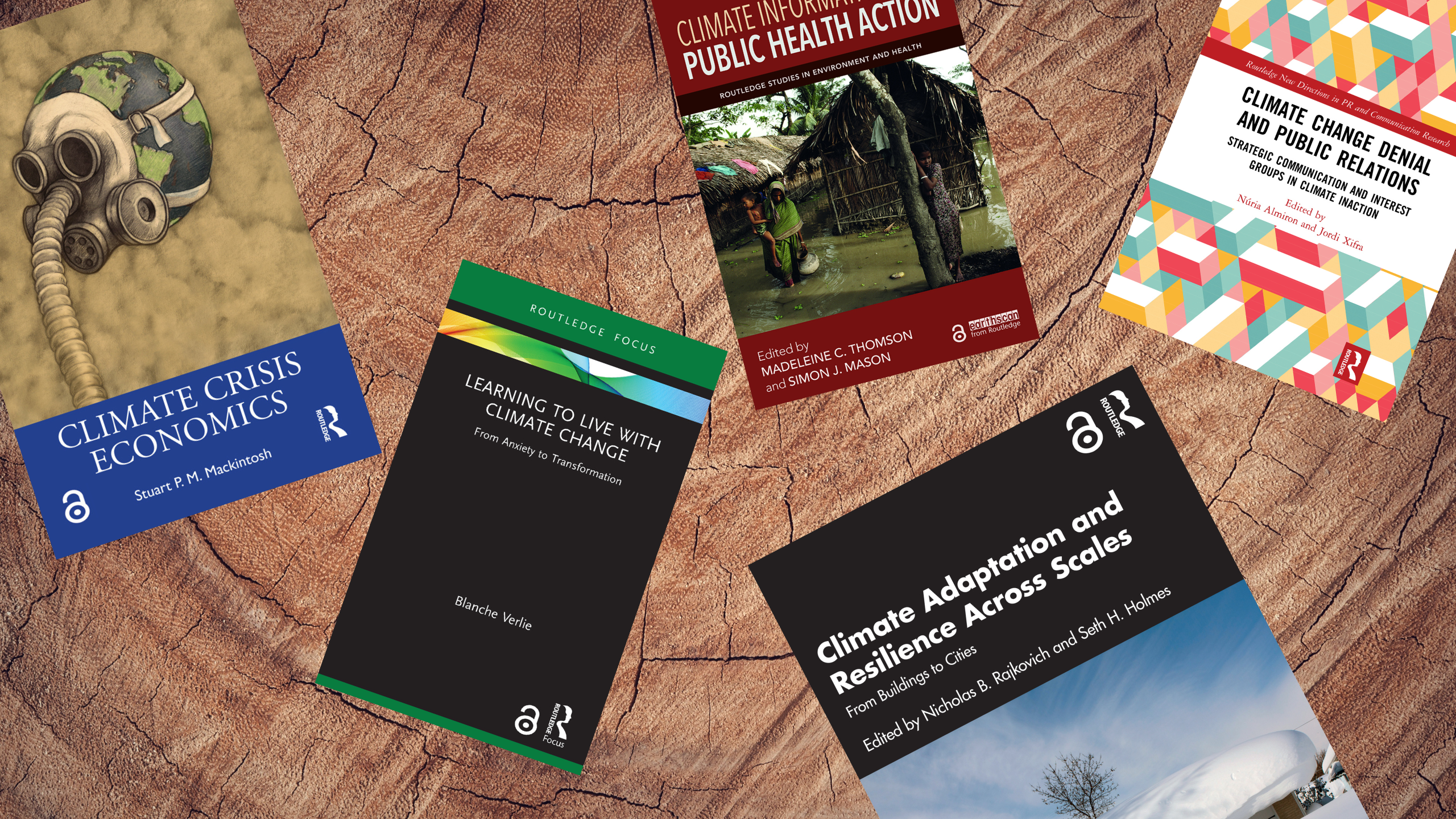
Climate Crisis Economics
By Stuart P. M. Mackintosh
There's no single solution to dealing with climate change. To fight it, economies, policies, business, and personal practices must align. Plus, leaders must shift how they talk and think about climate change.
In Climate Crisis Economics, Dr. Stuart Mackintosh examines the approaches that political and business communities are taking to decarbonize the economy.
The book looks at the policies, practices, and narratives empowering states and citizens as they pursue the carbon-neutral goal, with local and national examples.
Importantly, it sets out a climate crisis economics approach that could help society achieve key climate change goals in the decades ahead.
Climate Change Denial and Public Relations: Strategic Communication and Interest Groups in Climate Inaction
Edited by Núria Almiron and Jordi Xifra
Climate Change Denial and Public Relations examines climate change denial from a communications perspective. It gives an in-depth analysis of how strategic communication by interest groups has contributed to more than 40 years of climate change inaction.
It reflects on the roots of climate change denialism, including the ethics of the denialist ideology, and the rhetoric and role of climate change advocacy.
Topics it discusses include the persuasive narratives constructed to support climate inaction by lobbies and think tanks and the strategies of the nuclear, oil, and agrifood lobbies.
The book provides tools and strategies for fighting climate change denial in Western democracies.
The Political Economy of Coal: Obstacles to Clean Energy Transitions
Edited by Michael Jakob and Jan C. Steckel
Coal is responsible for around 40% of energy-related carbon dioxide emissions globally. Many countries still rely on coal for their energy needs – despite the falling costs of renewable energy.
Using 15 case studies, The Political Economy of Coal explores the political factors that influence energy policies, and provides insights that could help governments phase out coal.
It covers industrial and developing nations and examines the differences between substantial coal users and countries that no longer use it.
Learning to Live with Climate Change: From Anxiety to Transformation
By Blanche Verlie
How does climate change affect our emotions, and how can we deal with anxiety about the climate?
Blanche Verlie is a social scientist. Her research investigates how people understand, experience, and respond to climate change.
In Learning to Live With Climate Change, she argues that people in high-carbon societies need to learn to live with climate change and understand how our lives are interconnected with the climate.
This practical book also examines how we can develop the emotional capacities needed to respond to the climate crisis.
Engendering Climate Change: Learnings from South Asia
Edited by Asha Hans, Nitya Rao, Anjal Prakash, and Amrita Patel
Floods, heatwaves, and unseasonal rains affect millions of poorer people in the South Asian subcontinent. Those who rely on farming and agriculture for their livelihoods are among the worst affected.
The impacts of climate change on women in these areas are particularly severe. Based on research generated through the Collaborative Adaptation Research Initiative in Asia and Africa (CAR-IAA), this book examines these impacts.
It analyzes how rainfall, floods, droughts, heat, and landslides affect the rural economy, with perspectives from India, Pakistan, Bangladesh, and Nepal. It also examines socioeconomic pressures, including the increase in women’s work burdens in response to a changing climate.
Climate, Society, and Elemental Insurance: Capacities and Limitations
Edited by Kate Booth, Chloe Lucas, and Shaun French
Climate change is changing the ways we think about insurance.
This book addresses the social and geopolitical dimensions of this powerful and pervasive part of contemporary life.
It brings together world-leading social research on insurance with a focus on its capacities and limitations. It queries whether some things become uninsurable in the face of a changing climate.
Climate Information for Public Health Action
Edited by Madeleine C. Thomson and Simon J. Mason
Extreme weather events and an unpredictable climate have a massive impact on health outcomes, especially in vulnerable populations.
Climate Information for Public Health Action sees climate and health experts examine how knowledge and information about the climate can protect the public from climate-sensitive health risks.
Focusing on infectious disease, rain-based weather disasters, and nutrition, it also explores how data can be used in health decision-making and developing services for vulnerable populations.
Climate Adaptation and Resilience Across Scales: From Buildings to Cities
Edited by Nicholas B. Rajkovich and Seth H. Holmes
This book explores how the built environment should be adapted to deal with a changing climate.
The book addresses how design considerations – such as energy efficiency and materials – affect public health and underrepresented populations. It also looks at how using co-design approaches can better engage community stakeholders in projects.
Drawing on diverse case studies from North America, its findings are applicable globally.
African Perspectives on Religion and Climate Change
Edited by Ezra Chitando, Ernst M. Conradie, and Susan M. Kilonzo
Africa has contributed little to historic carbon emissions, yet the continent is disproportionately affected by the impacts of human-induced climate change.
This book explores religion's contributions to climate change discussions in Africa. It provides suggestions on how individuals and faith communities can act to address the climate crisis.
The case studies in the book cover Christianity, Hinduism, Islam, and Indigenous faiths. Topics it covers include risk reduction, resilience, gender perspectives, and climate change financing.
Climate Change and the Health Sector: Healing the World
Edited by Alexander Thomas, K. Srinath Reddy, Divya Alexander, and Poornima Prabhakaran
The climate crisis is one of the greatest health threats of the 21st century. And the health sector is a major contributor to the greenhouse gas emissions that are causing the crisis.
This book explores the sector's role in action against climate change, and positions it as a leader in the fight against the climate crisis.
It examines the links between climate change and pandemics, air quality, and nutrition. It also delves into the operational aspects of health care, and highlights how the sector could reduce its carbon footprint.
 China
China Africa
Africa

